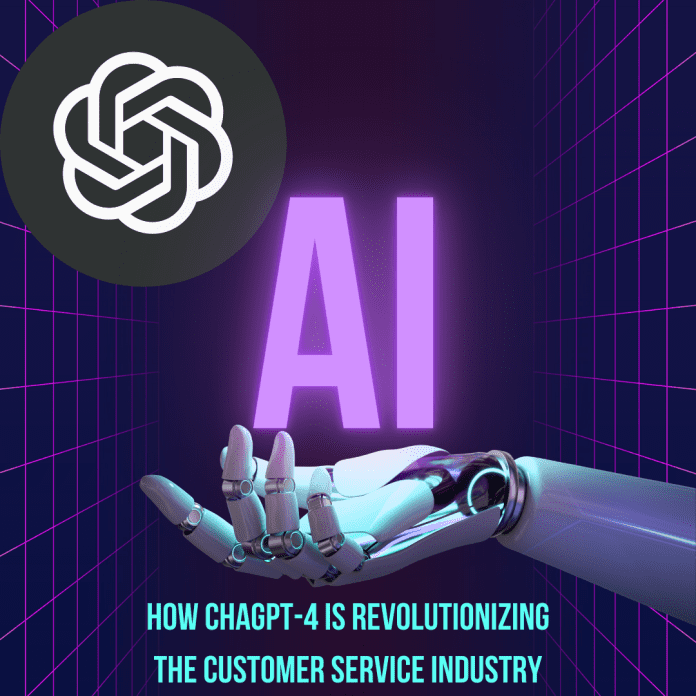Technology is advancing faster than ever before, and companies are constantly trying to adapt in order to stay ahead of the competition. One of the most significant developments in recent years has been the rise of chatbots in the customer service industry. With the development of GPT-4, the potential for chatbots has skyrocketed.
Chatbots are computer programs that can simulate conversations with human users through text or voice commands. They are becoming increasingly popular in the customer service industry as they allow companies to offer support 24/7 without the need for human agents. Chatbots can be programmed to handle a wide range of requests, from simple inquiries about products to more complex issues that require technical assistance.
The development of GPT-4, an AI language model, is likely to revolutionize the chatbot industry. GPT-4 has the potential to understand and respond to human language in a much more sophisticated way than existing chatbots. This means that chatbots powered by GPT-4 will be able to handle more complex requests with greater accuracy and speed. They will also be able to understand context and intent, which will enable them to provide more personalized service to customers.
In addition, GPT-4 can be trained on vast amounts of data, including customer interactions, chat logs, and product information. This means that chatbots powered by GPT-4 will be able to learn and improve over time, becoming even more effective at providing customer service.
The benefits of chatbots are not limited to customer service alone. Chatbots can also be used to automate tasks such as scheduling appointments or making payments. This can free up human agents to focus on more complex tasks and provide more personalized service to customers.
Furthermore, chatbots can help companies save money by reducing the need for human agents. This is particularly beneficial for smaller companies that may not have the resources to provide round-the-clock customer service. Chatbots can also help to reduce response times, which can lead to higher customer satisfaction rates.
In conclusion, chatbots are the future of customer service, and with the development of GPT-4, the potential for chatbots has never been greater. Chatbots powered by GPT-4 will be able to provide more accurate and personalized service to customers, as well as automate tasks and reduce costs. As technology continues to advance, chatbots will become an increasingly important part of the customer service industry.
